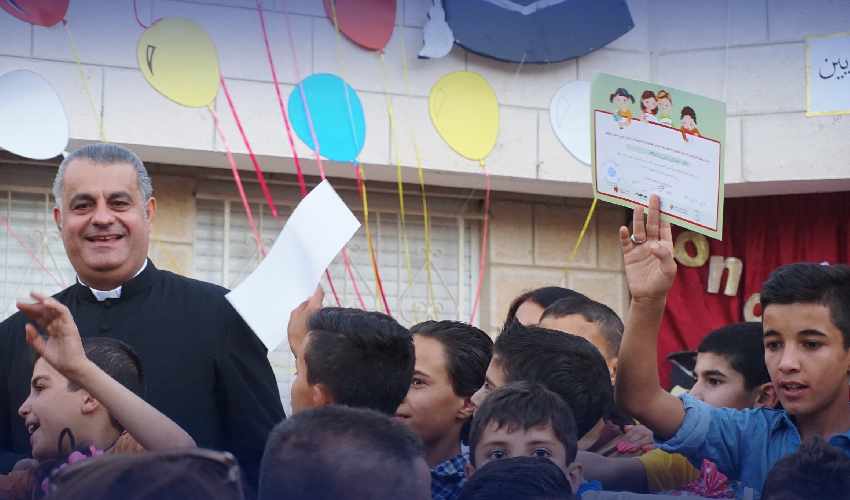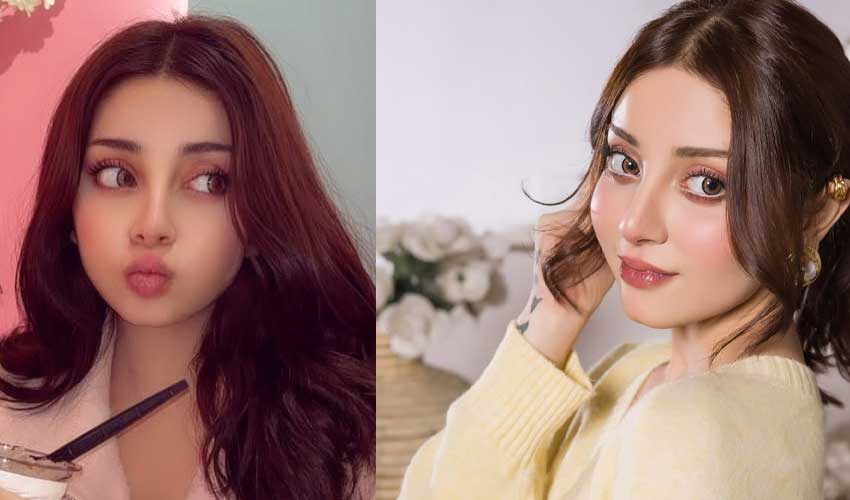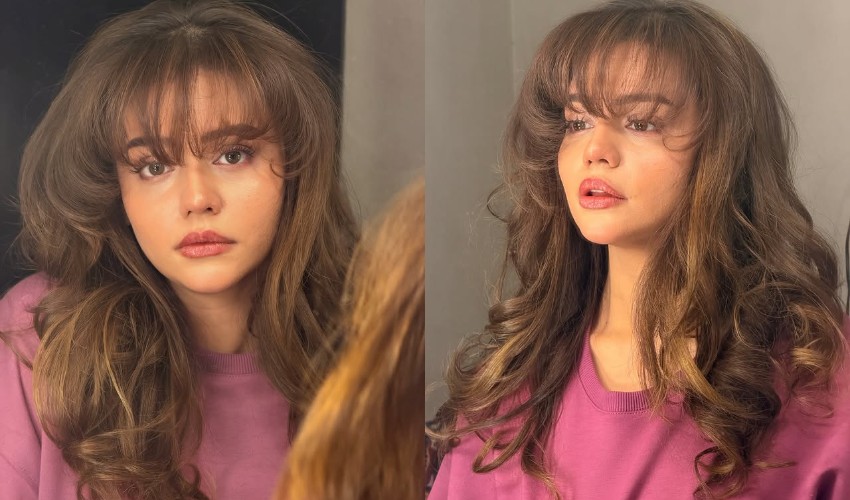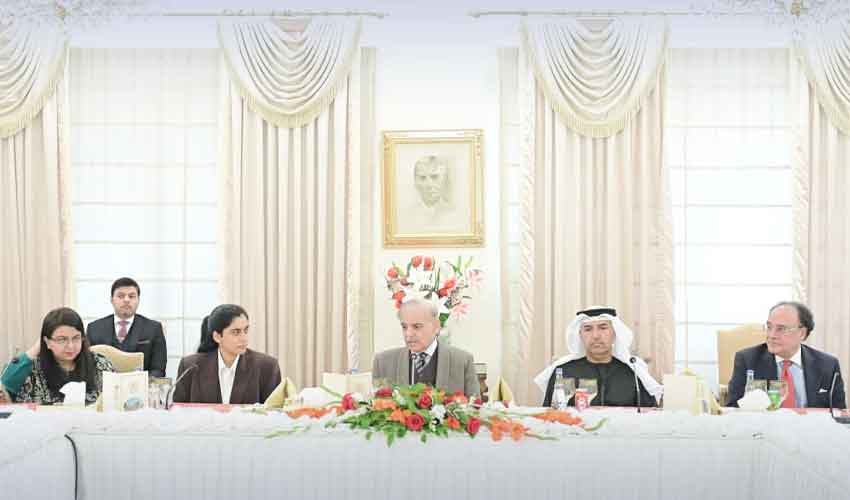Christmas cheer has deserted the streets of Syria's cities, where the main churches have limited celebrations to prayers in solidarity with Palestinians suffering war in Gaza.
"In Palestine, the birthplace of Jesus Christ, people are suffering," the Syriac Catholic Archbishop of Aleppo, Mor Dionysius Antoine Shahda, told AFP.
The northern Syrian city's central district of Azizia is usually home to a bustling festive market and a huge Christmas tree, while its streets are adorned with lights and trinkets.
But this year, the main square is almost empty and there are no Christmas decorations in sight.
"In Syria we cancelled all official celebrations and receptions in our churches in solidarity with the victims of the bombing on Gaza" by Israeli forces, Shahda said.
The Syriac Catholic Church was not alone, with the leaders of three of Syria's major churches -- the Greek Orthodox, Syriac Orthodox and Melkite Greek Catholic patriarchs -- announcing they were cancelling Christmas festivities and limiting celebrations to religious ceremonies.
"Given the current circumstances, especially in Gaza, the patriarchs apologise for not receiving Christmas and New Year greetings," the trio said in a joint statement, adding they were limiting ceremonies to "prayers".
The health ministry in the Hamas-ruled Palestinian territory says more than 20,000 people have been killed in the Gaza Strip since Israel launched its massive air and ground offensive, in response to a deadly attack on southern Israel on October 7.
Most of the dead in Gaza are women and children, officials say.
The Hamas attack killed about 1,140 people in Israel, mostly civilians, according to an AFP tally based on official figures.
Many Gazans have been displaced by the violence and forced into crowded shelters or tents, often struggling to find food, fuel, water and medical care.
The UN agency for Palestinian refugees has said the ongoing Israeli military campaign left no safe place anywhere across the narrow territory.
- 'No opportunity for joy' -
Before Syria's civil war erupted in 2011, it was home to more than 1.2 million Christians, though huge numbers have fled since.
The conflict had dampened Christmas celebrations, but festivities picked up in recent years as the main front lines froze and government forces retook control of large swathes of the country.
Still, gloom now prevails in the streets of the capital Damascus.
Festivities are limited to a lone market, while the Greek Orthodox Mariamite Cathedral in Damascus has put up modest decorations and a small tree in its courtyard.
Damascus resident Rachel Haddad, 66, said she had been glued to her phone for more than two months, reading news of the devastation in Gaza, and did not have the heart to put up a Christmas tree.
"This year was very sad. It began with the earthquake and ended with the Gaza war," Haddad said, referring to the February 6 tremor that ripped through southern Turkey and Syria, killing at least 55,000 people.
"There was no opportunity for joy," she said, also blaming Syria's economic woes.
The country's economy has been battered by war, with recurrent fuel shortages and long, daily power cuts a fact of life.
"If there is no electricity, how will you see the decorations and lights anyway?" Haddad asked.


























